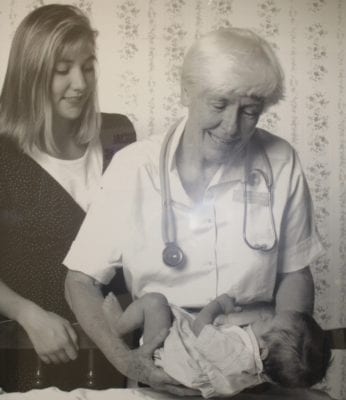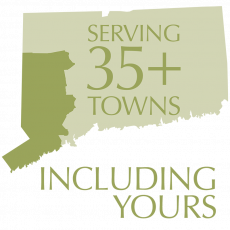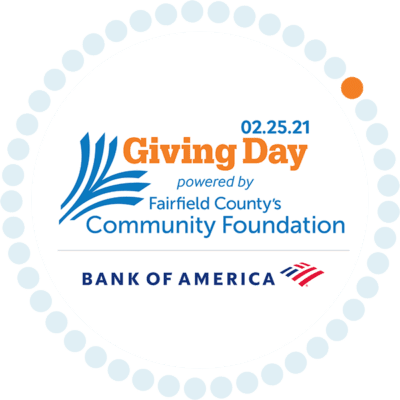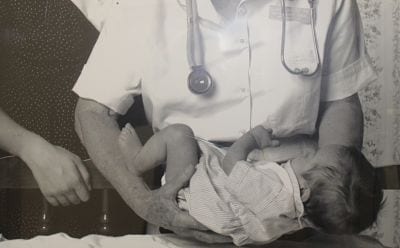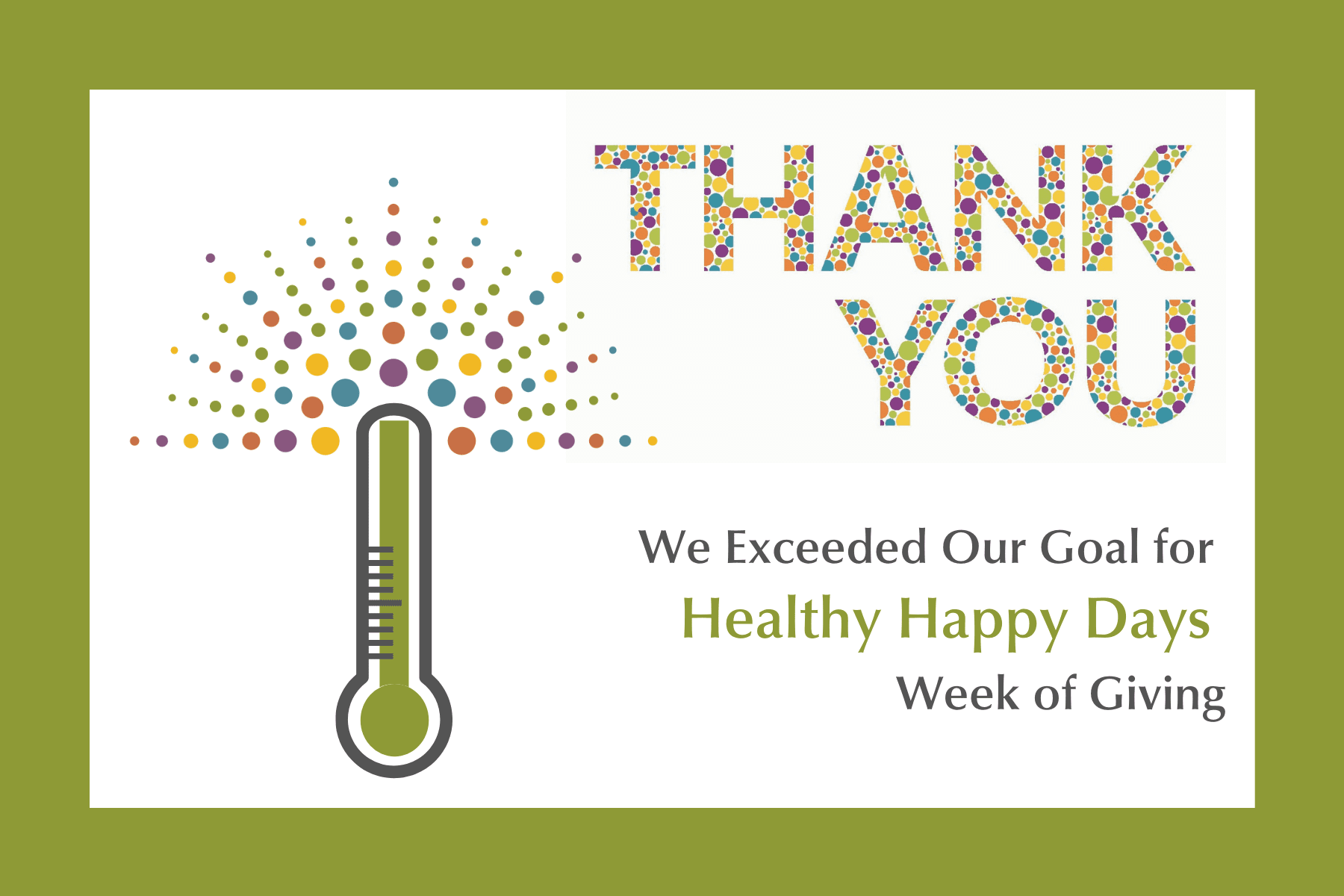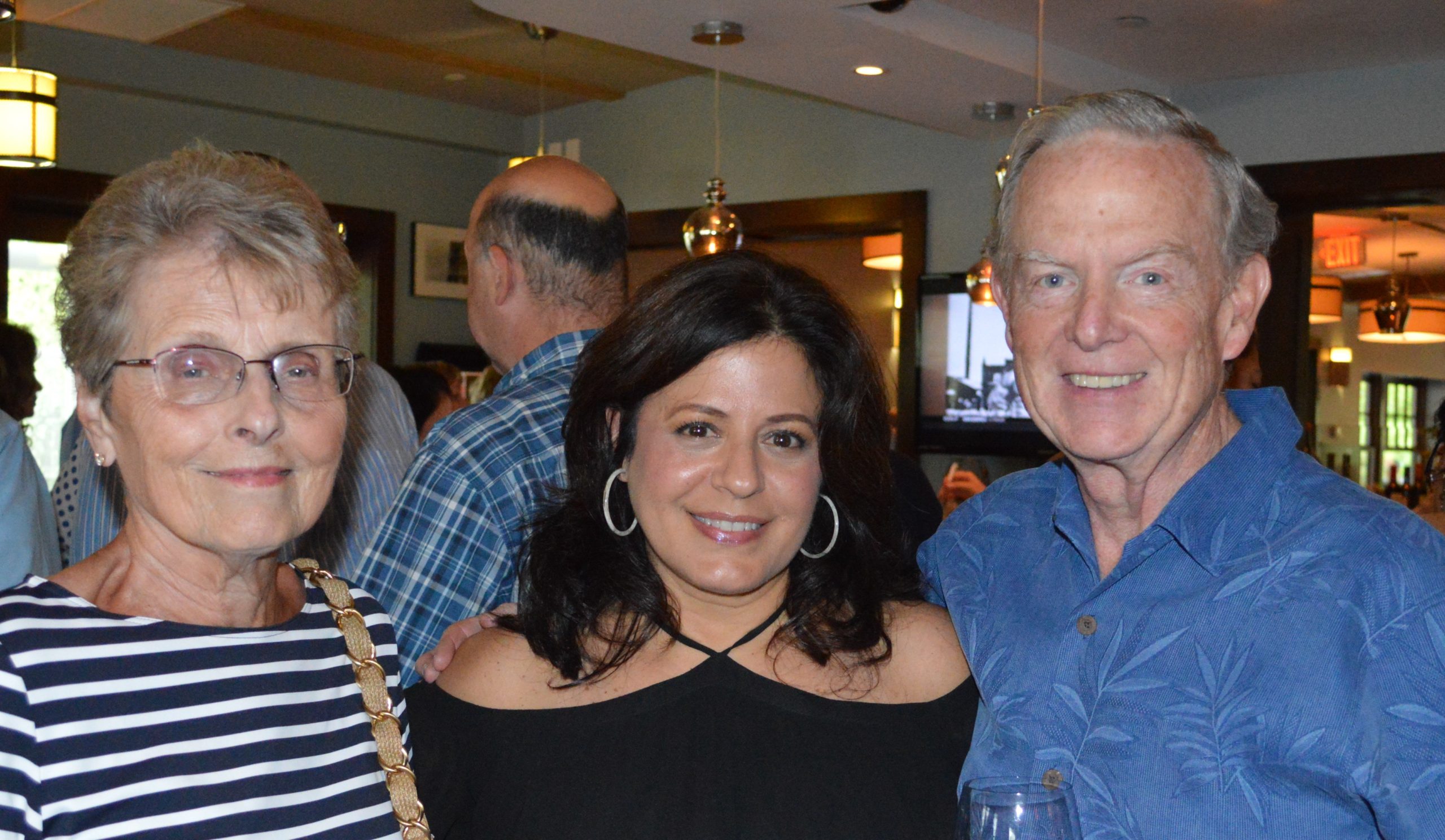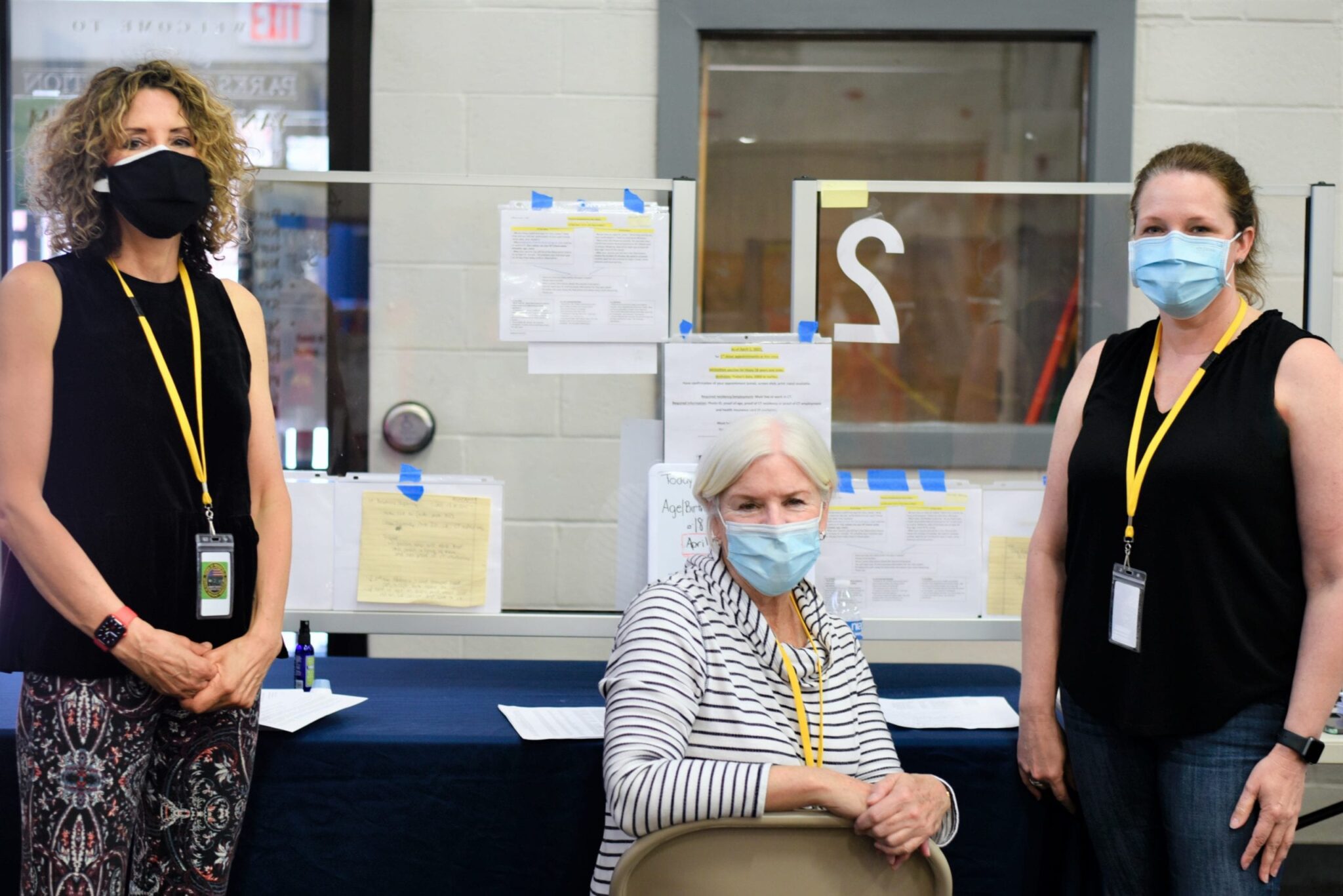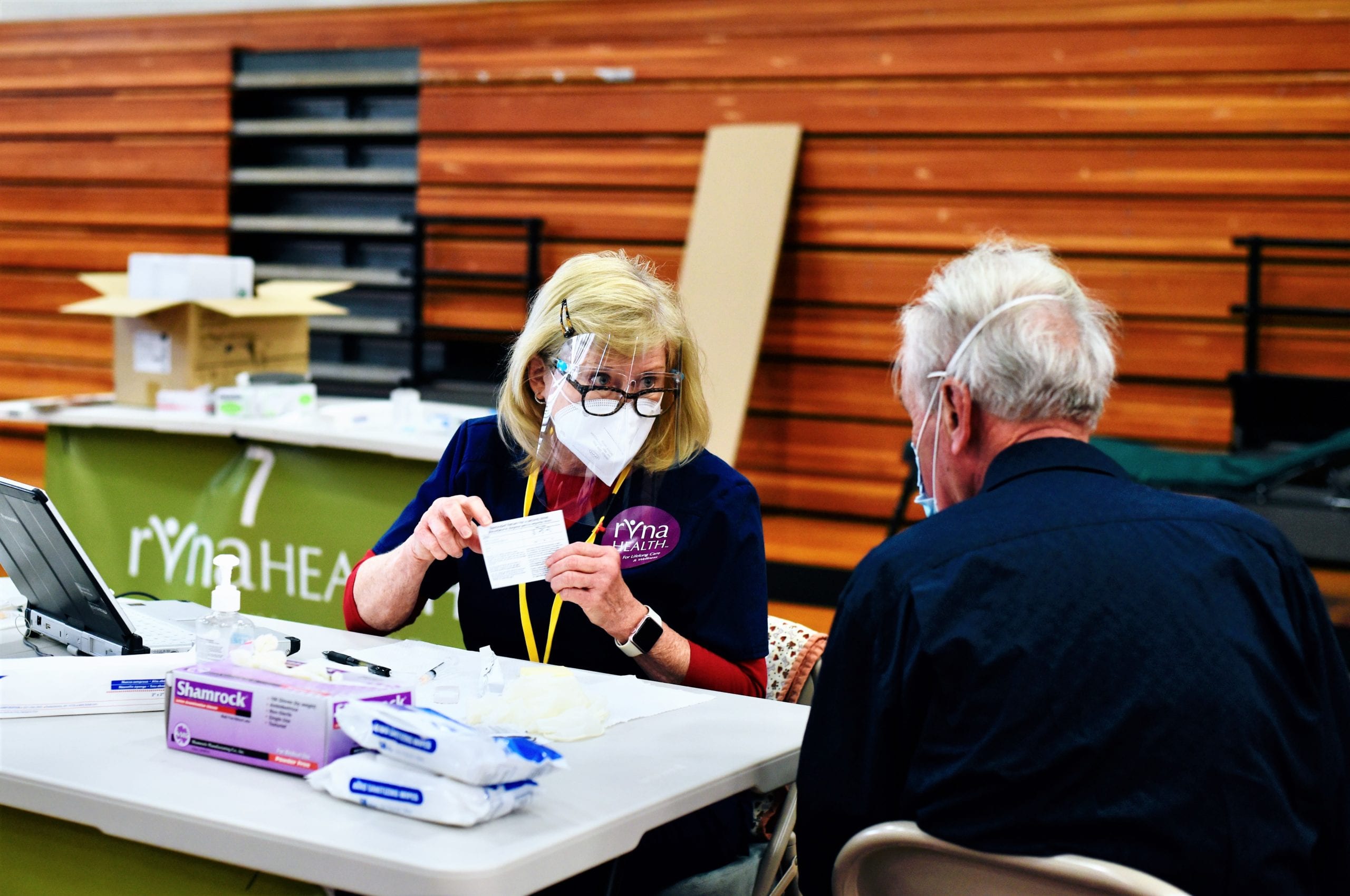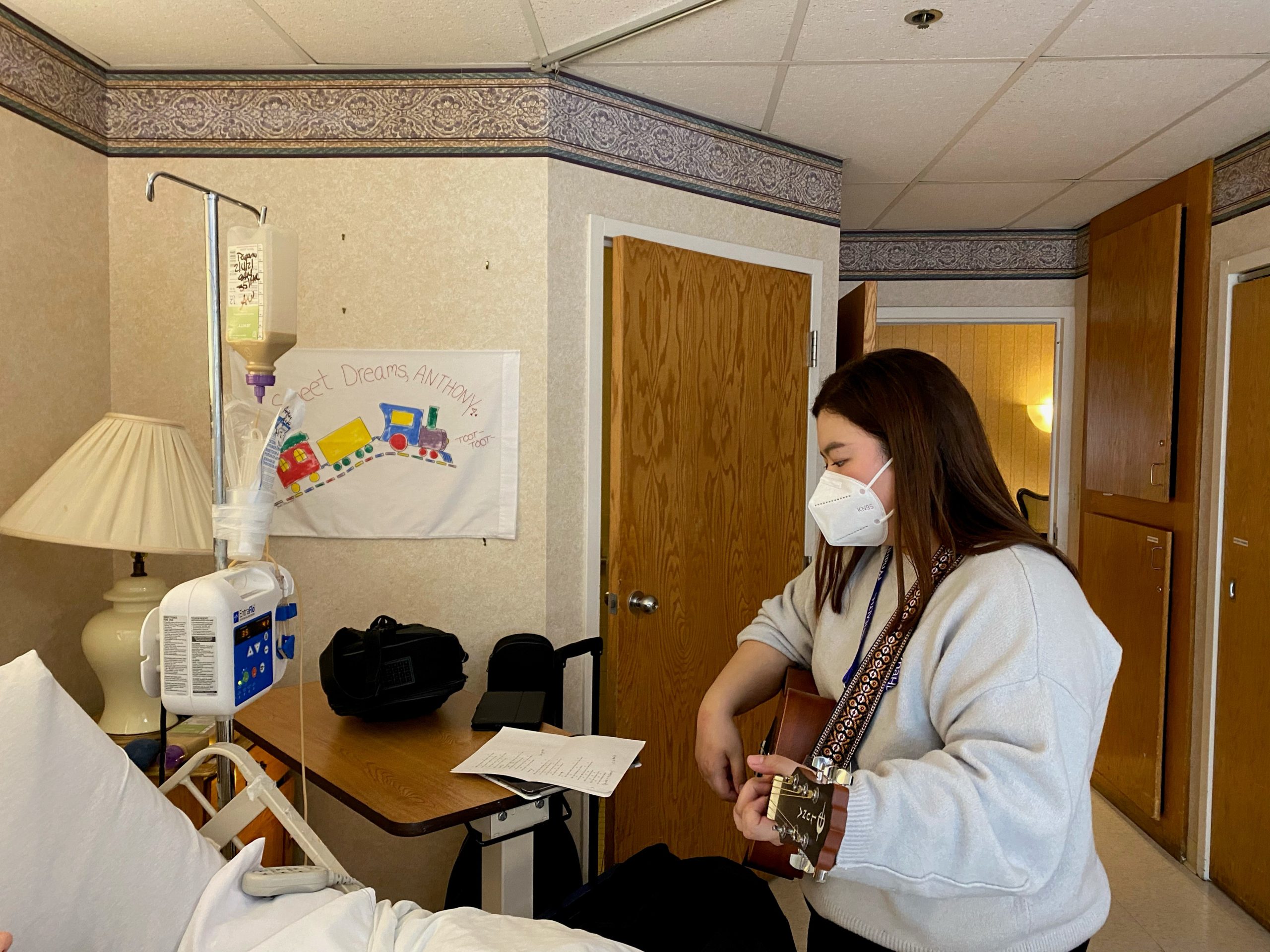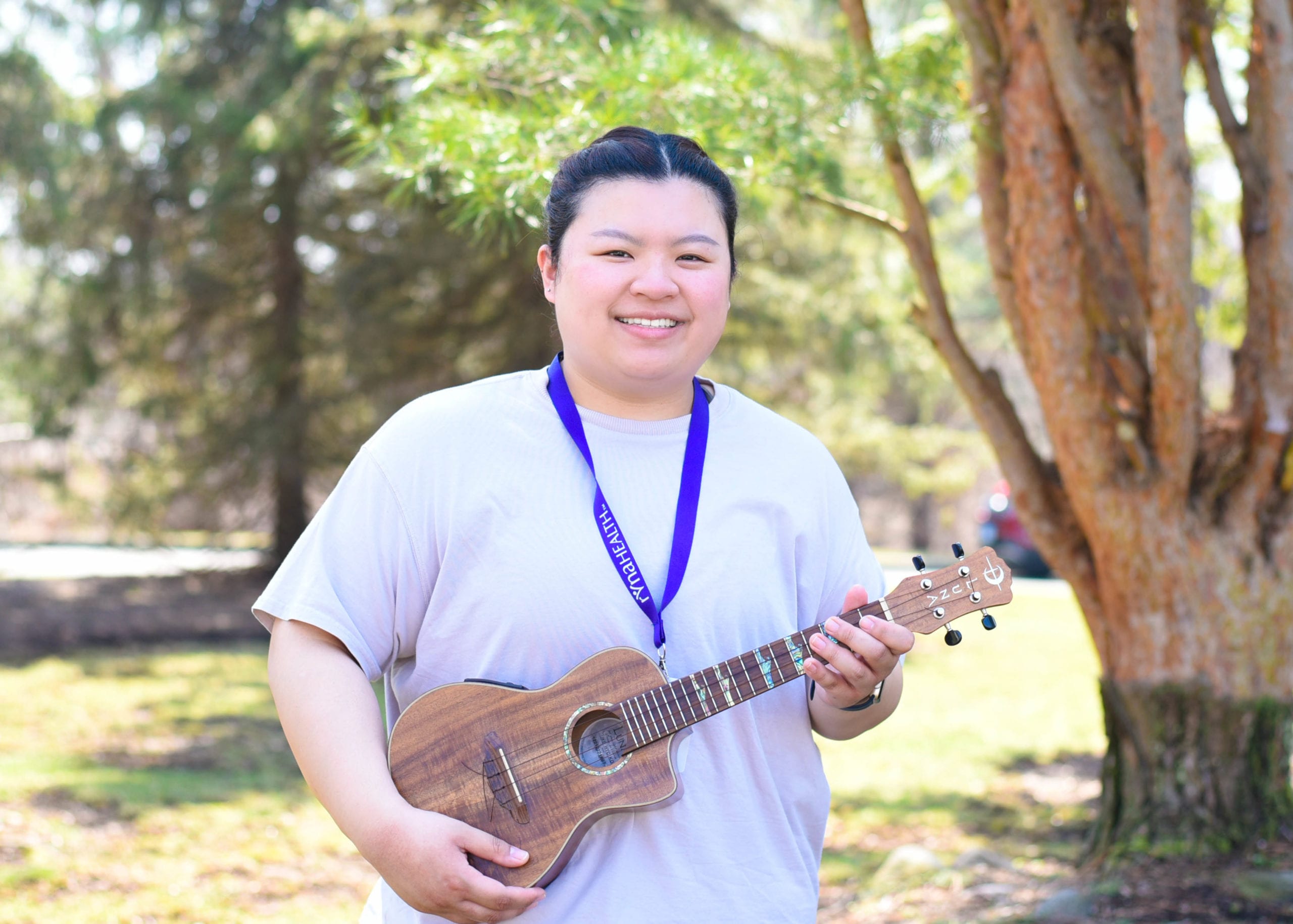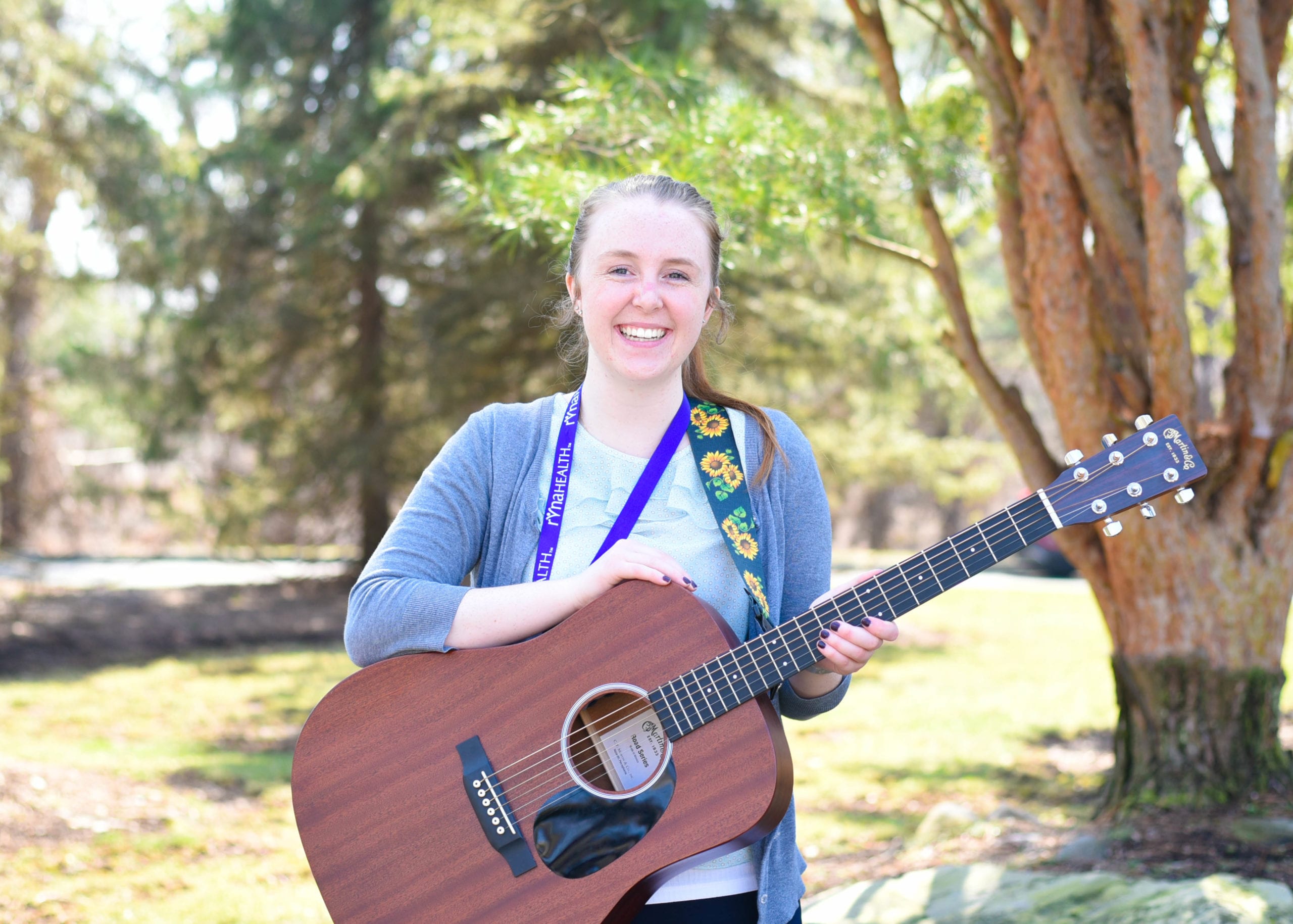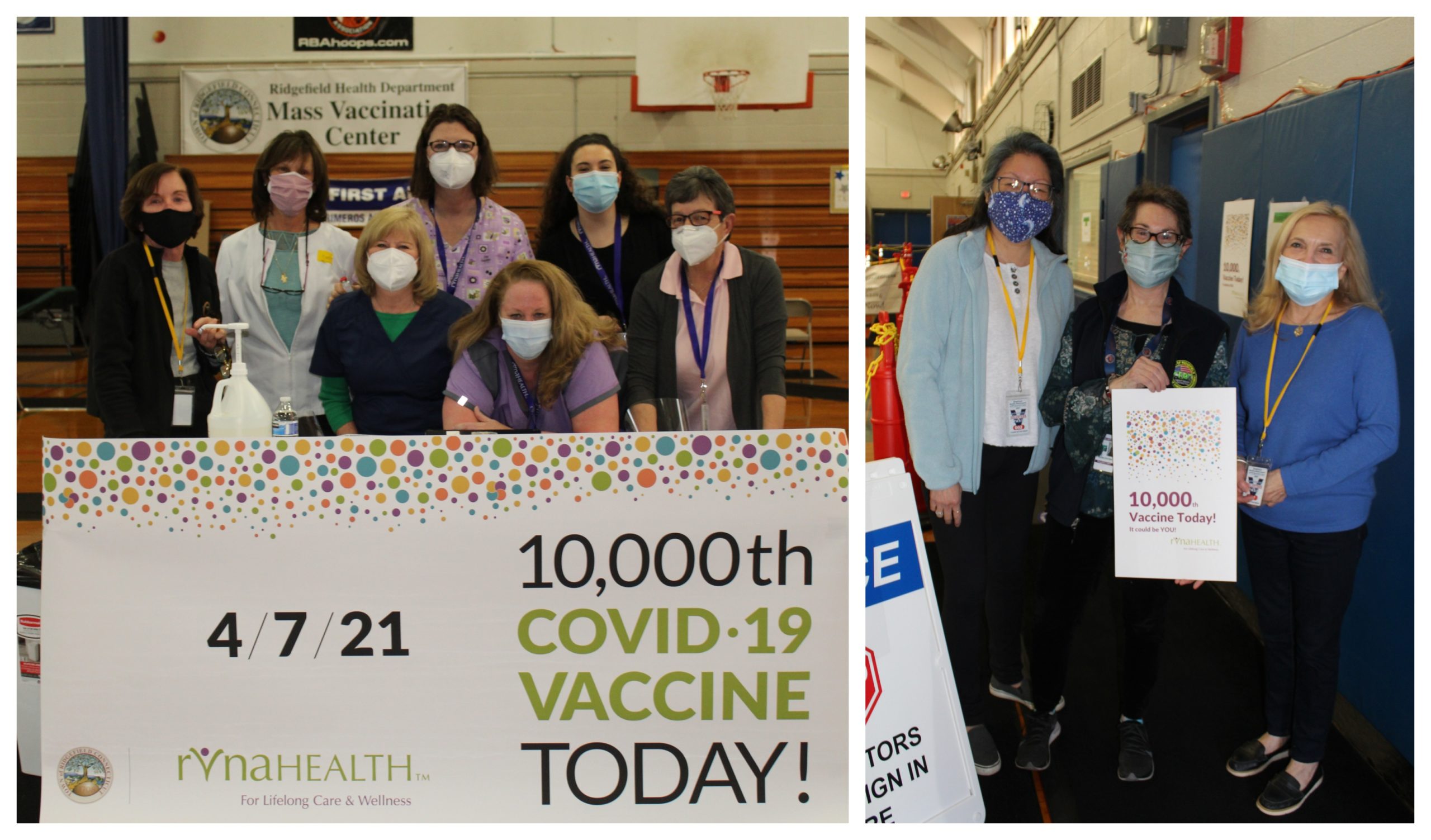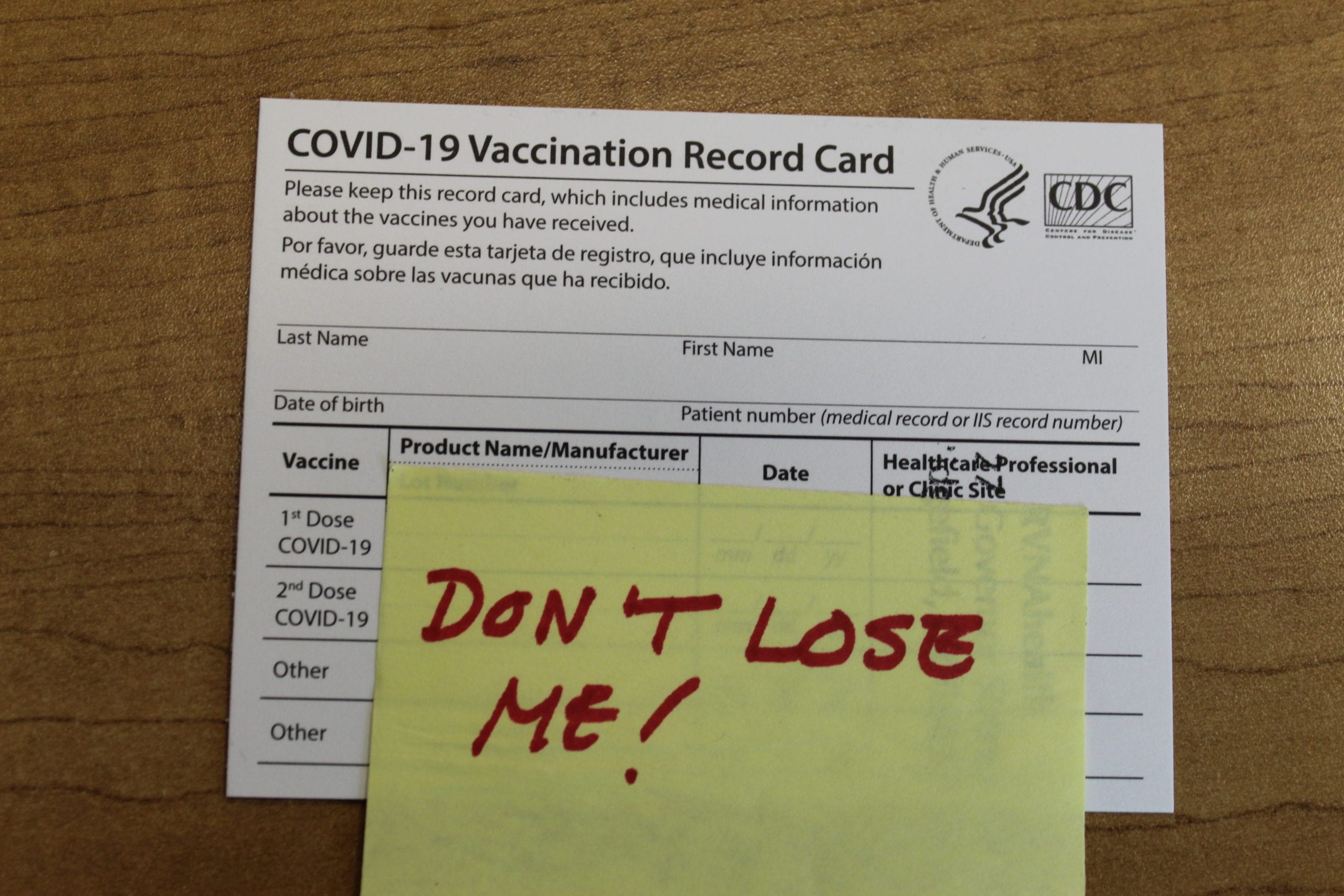In the increasingly paperless world in which we live in, the importance of one’s little white vaccination card is a little alarming. Here we offer a compilation of tips for keeping it safe and tracking down a new one if the inevitable occurs.
To start, background.
The vaccination card tells you which COVID-19 vaccine you received, the date you received it, and where you received it. The card was originally intended to remind individuals of the date and time of their second dose appointment, but now it is serving as proof of vaccination, which can score treats such as a Krispy Kreme donut, and may also enable access to events and activities requiring proof of vaccination. There is room on the card for additional information, i.e. booster shots if needed in future years, so it might be best to keep unlaminated for now. (If you’ve already laminated, don’t worry.)
Tips of the Vaccine Trade
- Take a photo of your card. Take one photo after your first dose, and a second photo after your second dose. (Unless you get the Johnson & Johnson vaccine, a single-dose vaccine, in which case one photo will do!) If you’re already fully vaccinated, take a photo now.
- Make a physical copy of the card. (Or two.) You can keep a copy with you, and leave the original in a safe place. (Unless you’re cashing in on your Krispy Kreme donut, which requires the original.)
- Contact your primary care provider and make arrangements to send them a copy for your official vaccination records.
- If you can, proactively help your parents, grandparents and elderly friends and relatives make digital copies of their vaccination cards and send it to their health care providers, too.
- Don’t share your card digitally, as it contains personal information and is uniquely yours.
OK. You’ve Gone and Done It. You’ve Lost Your Card. (Or Never Received One in the First Place.)
That’s OK. You’re not the first, and you won’t be the last. If you lose your card, you should contact the place you received your vaccination and ask for a replacement.
If you did not receive a COVID-19 vaccination card at your appointment, the CDC recommends that you contact the vaccination provider site where you got vaccinated or your state health department to find out how you can get a card. All COVID-19 vaccination providers are required to report data within 72 hours in their state’s immunization system, so there should be a back-up record of your vaccination status there. The CDC has provided a list of the Immunization Information System (IIS) in each state, which is where to start if you need a replacement card and either can’t remember where you were vaccinated or have difficulty contacting the facility.
If you were vaccinated at a pharmacy chain, ask if you can have a digital copy of your vaccination record.
